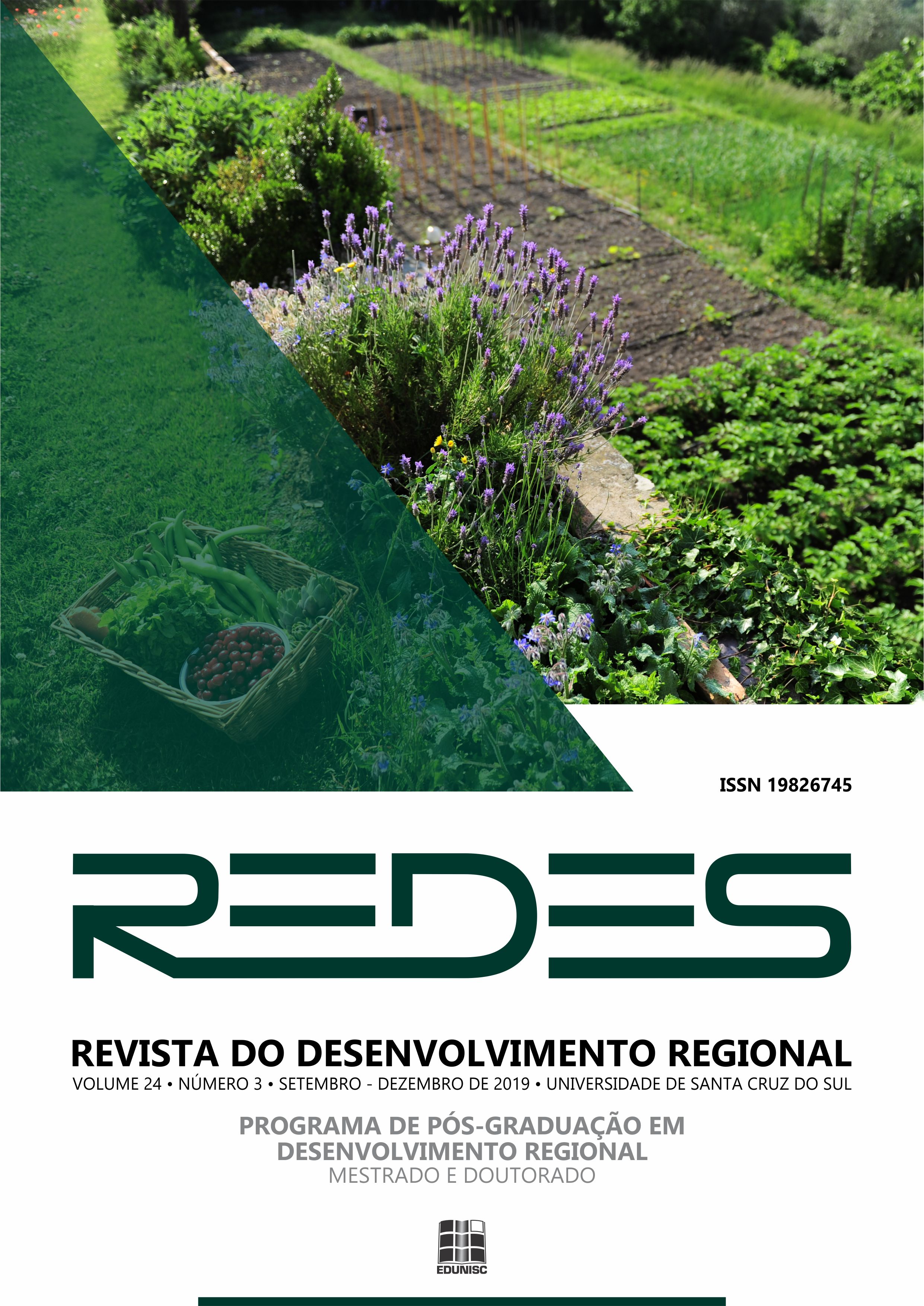Food Strategies of Poor Rural Families in the West Region of Santa Catarina
DOI:
https://doi.org/10.17058/redes.v24i3.14126Keywords:
Poverty. Food and Nutrition Security. Self-consumption. Brazil.Abstract
Brazilian civil society contributed to the conception of Food and Nutrition Security and, as of 2003, in the formulation and management of specific public policies. This notion defends people's right to regular and permanent access to quality food in sufficient quantity, without compromising other basic needs. This paper aims to analyze the food strategies of poor rural families. The analysis is based on research carried out in sixteen municipalities with rural characteristics of the West Region of Santa Catarina, applied to 67 families assisted by the Bolsa Família Program between 2011 and 2018. The results indicate that poor families adopt different strategies of food supply, with emphasis on four mechanisms: i) production in both rural and urban areas; ii) acquisition in markets that allow payment in installments; iii) loan, exchange and donation with relatives and / or neighbors; and iv) donation of employers, churches and city halls. No family was starving, but most were living in food insecurity, and were deprived of other basic needs for food. The set of public policies was not enough to ensure access to food in quantity, quality and diversity, since it did not propose to remove the main determinants of poverty: the lack of access to land and to productive insertion mechanisms.Downloads
Download data is not yet available.
Downloads
Published
2019-09-03
How to Cite
Tecchio, A., Cazella, A. A., Sabourin, E. P., & Cortes, G. (2019). Food Strategies of Poor Rural Families in the West Region of Santa Catarina. Redes , 24(3), 217-240. https://doi.org/10.17058/redes.v24i3.14126
Issue
Section
Rural and urban (re) configurations in food and the territorial perspective



